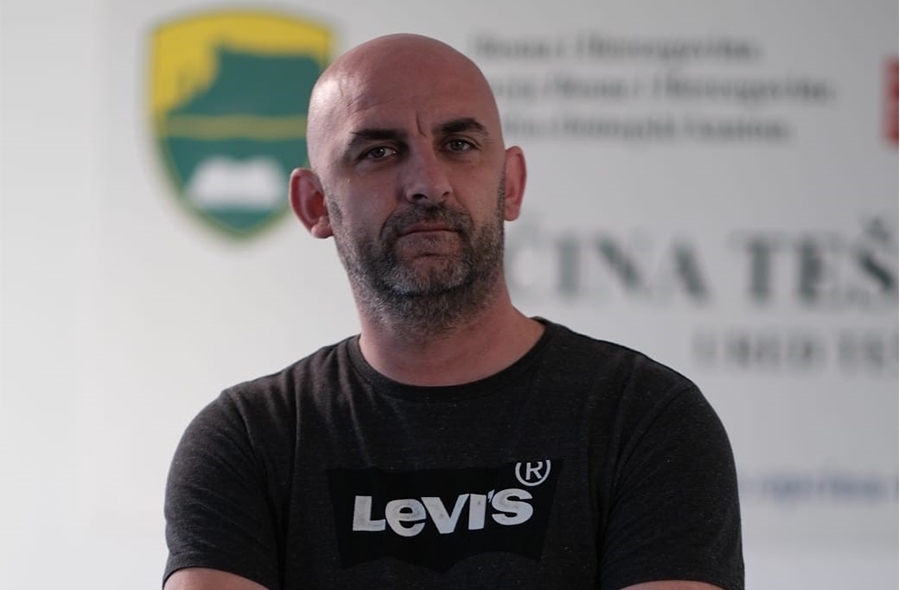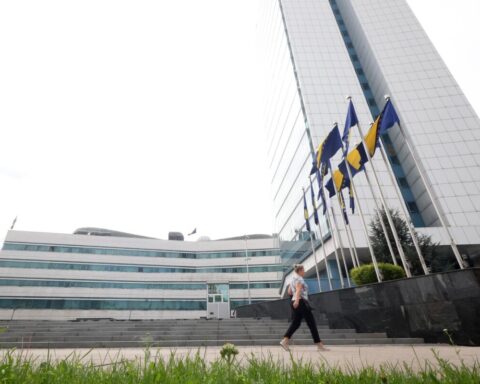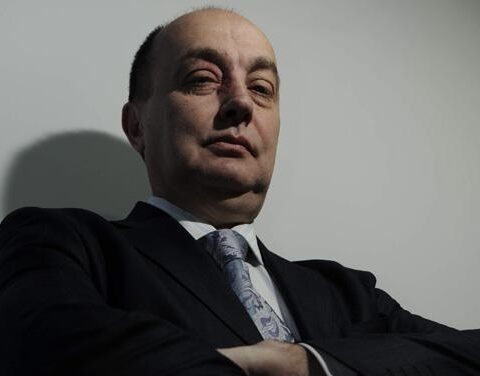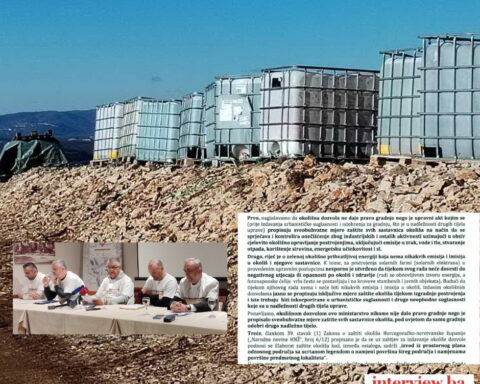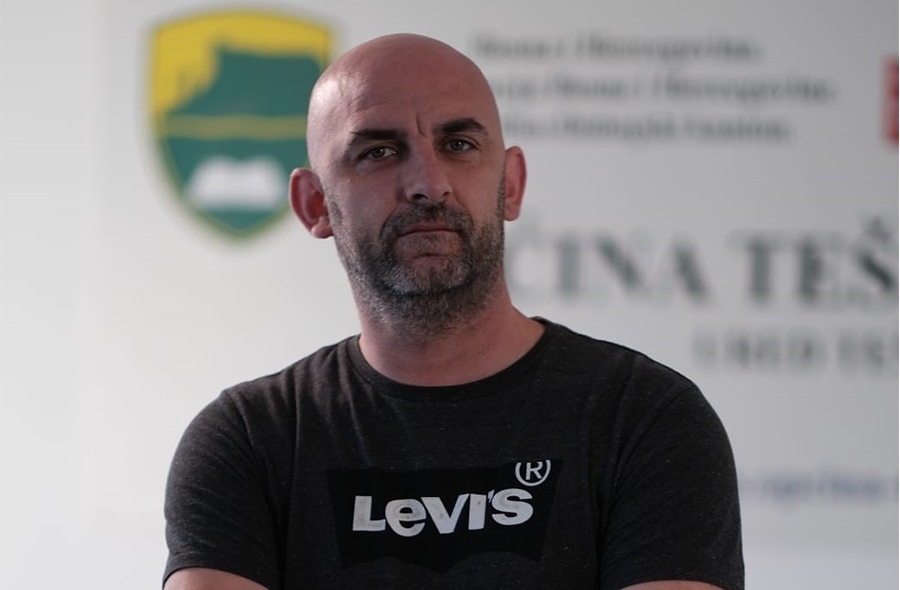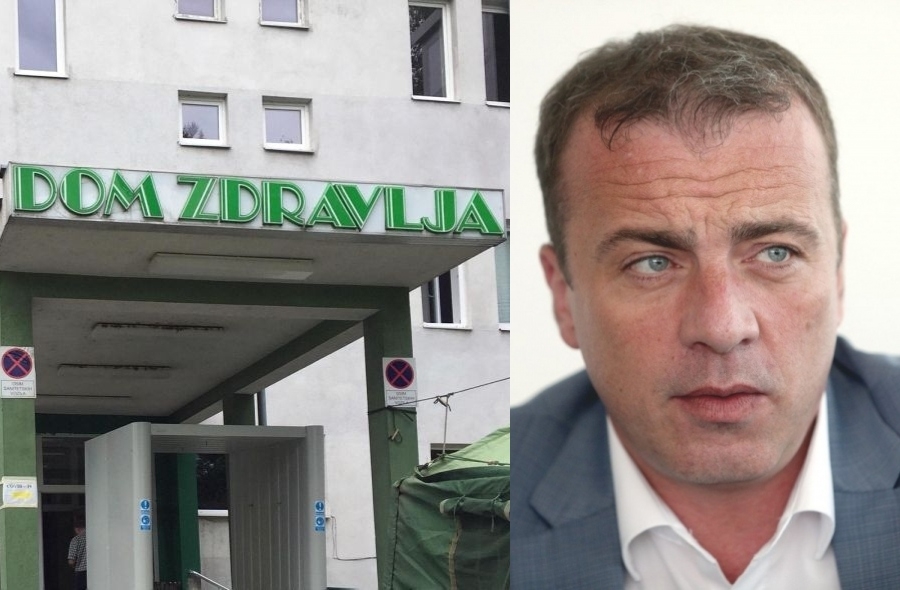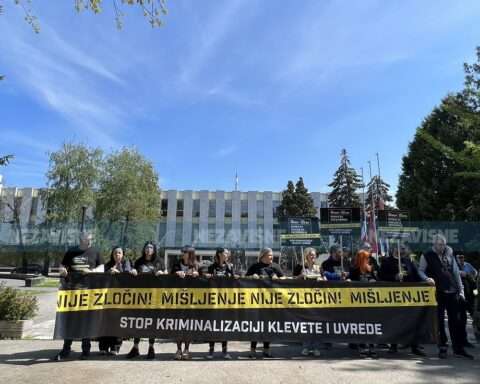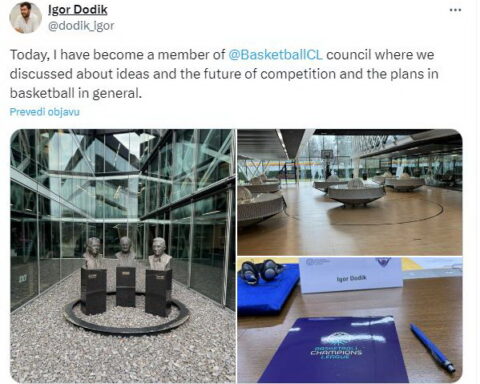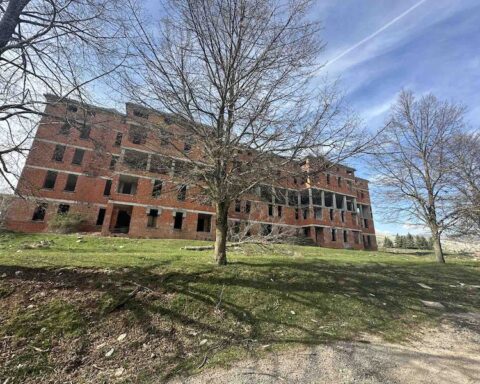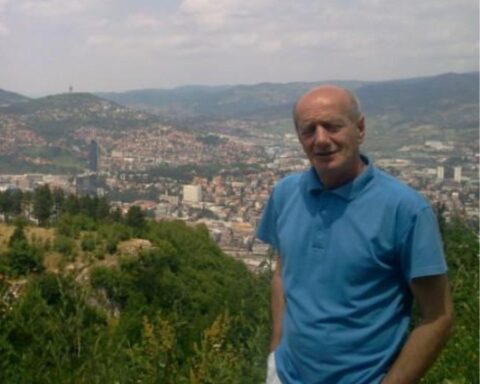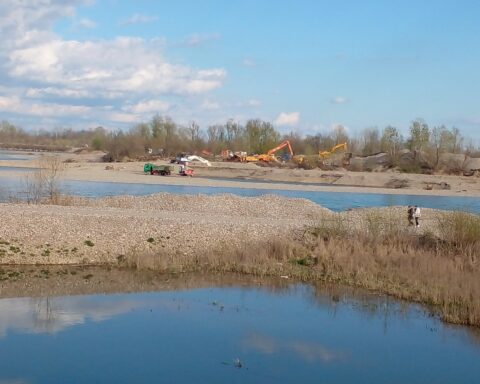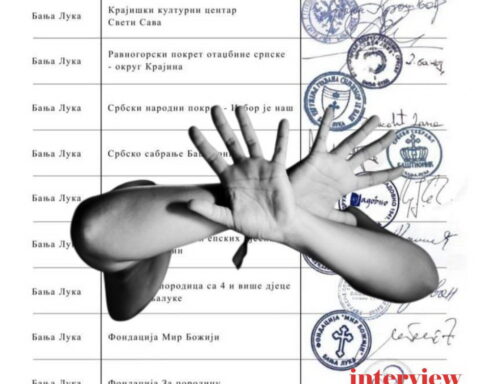While many feared that all of BiH would be Mostar-ized, what happened is that Mostar has been BiH Parliament-ized: the institutional legislature serves as a vehicle for mere acclamation of party agreements reached in restaurants.
Author: Adis Nadarević for Interview.ba
Remember the autumn of 2008 and the Facebook campaign on the eve of the local elections in Mostar? No, you don’t? Of course you don’t, because in 2008 Facebook had just under 100 million users worldwide, who used it mainly to post an odd quote or a selfie. Even a selfie was not called a selfie at the time, since this word, familiar as if it has always existed, officially came into use as late as 2013.
Back then, Facebook required a sit-down session at a computer, since 12 years ago mobile internet was a relatively new thing, not particularly practical. Actually, the first commercially available mobile phone equipped with Android OS, which revolutionized internet access on the move, was launched while Mostar was having its last city council election campaign – in September 2008.
The campaign ran two months after the EURO 2008 Football Championship finals, ending with a showdown between Spaniards and Germans. Football lovers will gladly recall the finalists’ line-up and mention that the Spanish won thanks to Casillas at the goal, Ramos, Marchena, Puyol and Capdevilla in defence, the naturalised Brazilian Senna, Iniesta, Xavi, Fabregas and Silva as midfielders, and the lonely forward Fernando Torres, at the time still too young to bear the deserved nickname El Niño.
On the other side, the Germans had Jens Lehmann at the goal, Friedrich, Mertesacker, Metzelder and Lahm in the defence, midfielders Frings, Hitzlsperger, Schweinsteiger, Ballack and Podolski, and the Elf forward in this line-up was Miroslav Klose. The common feature of almost all these players is that they are almost all retired today. Ramos is still going strong, Iniesta is ending his career in Japan, Podolski somehow ended up in Alanya in Turkey, and Casillas said goodbye to football a few days ago, never dreaming that Ljubo Bešlić would stick to the Mostar mayor’s seat longer that he would stick to goal posts.
Ljubo outlasted Barrack Obama too: he took the lead position of the US Administration roughly at the same time as Bešlić did of the Mostar one; to recall a bit more the world of 2008, let us mention that China was led by the now-forgotten Hu Jintao, Mahmoud Ahmadinejad was the president of Iran, Reçep Tayyip Erdogan was the prime minister of Turkey on the rise, the UK was still in the EU and the prime minister was Gordon Brown, and Libya was led by Muammar Gaddafi, who was even still alive back then.
Also alive were Michael Jackson, George Michael, David Bowie and Prince, Michael Schumacher was not in a coma, but enjoying a break before returning to Formula 1. Amy Winehouse was alive and took the Grammys by storm, as was Robert F. Boyle, who received an honorary Academy Award.
In any case, even without this extensive listing, you understand that much has changed in the world over the 12 years during which the men and women of Mostar have not had an opportunity to vote and elect those who decide and implement decisions at the level closest to them. In the meantime, the city has been flooded by sewage, as the sewer construction was accompanied by scandals, the city communal waste is delivered to the Uborak illegal garbage depot which continues to pose a threat to the residents’ health, current expenditure eats away three quarters of the city budget, and the financial resources of the city are entirely in the hands of two persons – the mayor and the head of the Finance Department.
By mere coincidence, these two men come from parties whose leaders – following 12 years of haggling over election rules for local elections – reached a historical agreement and agreed on how to elect 35 members of the City Council. All in all, it boils down to guaranteed representation of constituent peoples and a strengthened role of the president of the City Council. At that, it is important to note that the president of the City Council and the mayor may not be from the same constituent people.
So, it may be said that it is highly likely that nothing will change essentially and that Mostar will be governed exactly the way HDZ and SDA agree upon, only now there may be new councillors to legalise the agreement democratically and legitimize it by raising their hands. Or rather, while many feared that all of BiH would be Mostar-ized, what happened is that Mostar has been BiH Parliament-ized: the institutional legislature serves as a vehicle for mere acclamation of party agreements reached in restaurants. So much for the stronger institutional framework referred to in the Opinion of the European Commission…
And the situation on the ground supports this view. It is not just that the rest of the world has changed, as described at great length at the beginning of this text… The political image of Mostar has changed too.
If we look at the 2008 local election results, we see that SDA had the best results and won 12 seats in the City Council. HDZ came third and won seven seats, same as the party that came second in the elections – older readers may remember that there used to be a party called Work for Progress. They entered the City Council along with SDP and HDZ 1990 with three seats each, Party for BiH with two and HSP with one seat.
Today, the Work for Progress party practically no longer exists; through the Croatian National Council, HDZ has swallowed its former competitors HDZ 1990 and HSP, thus terminating political pluralism among BiH Croats. SDA is still at its strongest when it comes to declaratory advocacy of Bosniak interests, and opposition to this party has experienced the same thing that happens to any organism following a decade of hibernation – severe muscle atrophy with barely any strength to provide a serious alternative.
Therefore, we may be naïve and believe that the leaders of HDZ and SDA have finally decided to return to the citizens their human right to elect and stand at elections, we may even believe that the diplomatic effort by foreign representatives and organisations bore fruit, we may even believe that, for some reason, Dragan Čović and Bakir Izetbegović decided to honour the judgement of the European Court of Human Rights in the Irma Baralija case, after years and years of ignoring judgements of the Constitutional Court of their own state… Or we can simply look at the situation on the ground and see that Čović and Izetbegović simply concluded that there is no way for anything to damage their parity interests in Mostar and that it would be profitable for both of them to insist on a fictitious solution to the problem whose existence has been to their mutual interest.
The current homogeneity of the Croat electorate guarantees HDZ’s key role after the elections, and the set-up of the elections is such that it implies that their best enemies from SDA maintain a guaranteed continuity of the current symbiosis. The Mostar elections will be a good opportunity to confirm yet again that for the people in BiH, elections are always an excellent opportunity to elect those they are dissatisfied with – yet again.

